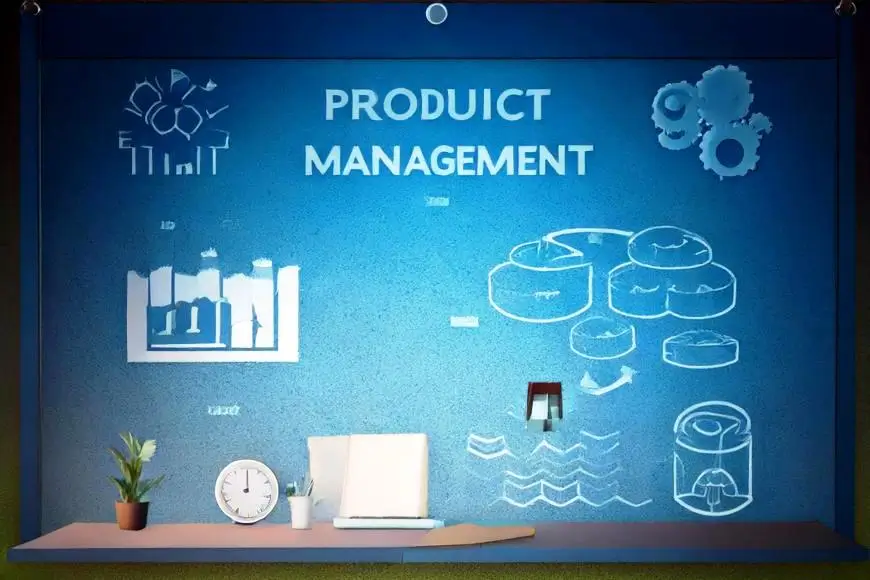Adult Tech Course
Data Science

The Problem Data scientist is one of the best-suited professions to thrive this century. It is digital, programming-oriented, and analytical. Therefore, it comes as no surprise that the demand for data scientists has been surging in the job marketplace. However, supply has been very limited. It is difficult to acquire the skills necessary to be hired as a data scientist. And how can you do that? Universities have been slow to create specialized data science programs. (not to mention that the ones that exist are very expensive and time-consuming). Most online courses focus on a specific topic, and it is difficult to understand how the skills they teach fit into the complete picture
The Solution Data science is a multidisciplinary field. It encompasses a wide range of topics.
- Understanding of the data science field and the type of analysis carried out
- Mathematics
- Statistics
- Python
- Applying advanced statistical techniques in Python
- Data Visualization
- Machine Learning
- Deep Learning
Each of these topics builds on the previous ones. And you risk getting lost along the way if you don’t acquire these skills in the right order. For example, one would struggle in the application of Machine Learning techniques before understanding the underlying Mathematics. Or, it can be overwhelming to study regression analysis in Python before knowing what a regression is.
What Students Will Learn
- The course provides the entire toolbox you need to become a data scientist
- Fill up your resume with in-demand data science skills: Statistical analysis, Python programming with NumPy, pandas, matplotlib, and Seaborn, Advanced statistical analysis, Tableau, Machine Learning with stats models and sci-kit-learn, Deep Learning with TensorFlow
- Impress interviewers by showing an understanding of the data science field
- Learn how to pre-process data
- Understand the mathematics behind Machine Learning (an absolute must that other courses don’t teach!)
- Start coding in Python and learn how to use it for statistical analysis
- Perform linear and logistic regressions in Python
- Carry out cluster and factor analysis
- Be able to create Machine Learning algorithms in Python, using NumPy, stats models and scikit-learn
- Apply your skills to real-life business cases
- Use state-of-the-art Deep Learning frameworks such as Google’s Tensor Flow Develop a business intuition while coding and solving tasks with big data
- Unfold the power of deep neural networks
- Improve Machine Learning algorithms by studying underfitting, overfitting, training, validation, n-fold cross-validation, testing, and how hyperparameters could improve performance
- Warm up your fingers as you will be eager to apply everything you have learned here to more and more real-life situations.
Target Audience
- You should take this course if you want to become a Data Scientist or if you want to learn about the field
- This course is for you if you want a great career
- The course is also ideal for beginners, as it starts from the fundamentals and gradually builds up your skills
ALL CATEGORIES
REQUEST A CALL BACK
[RM_Forms id=’4′]




